27 Things Never to Put in the Refrigerator
If you’ve outgrown your refrigerator, you may assume it’s time to start thinking about replacing it with a larger model. Before you do that, take inventory to see just how much stuff you have in there that really does not need to be refrigerated. You just might discover that your current fridge is a lot roomier!
While some items always need refrigeration, others should firmly stay outside the fridge or else risk being ruined and inedible. Then there are items that will do just fine in either place Do you know which items that really should not be in the refrigerator?
Tomatoes
Unless you want your fresh tomatoes to taste like cardboard, don’t put them in the fridge. Tomatoes can become mealy and tasteless when stored that way because a big chill stops the ripening process and dulls the flavor. Think about where you find tomatoes in the produce section of the supermarket. They are never refrigerated.
Store fresh tomatoes on the countertop at room temperature. If you grow your own tomatoes, snip off a bit of the vine when harvesting. The attached vine helps keep the tomato fresh longer and gives it a better flavor.
Raw potatoes
Keeping potatoes in the fridge can make them gritty and unnaturally sweet, so don’t dump that bag of spuds in the crisper drawer.
Frigid temperatures alter the starchy complex carbohydrates found in raw potatoes, giving them a sweet taste and a gritty mouthfeel when cooked. For the best flavor and texture, store raw potatoes in a well-ventilated basket or drawer, out of direct sunlight.
Honey
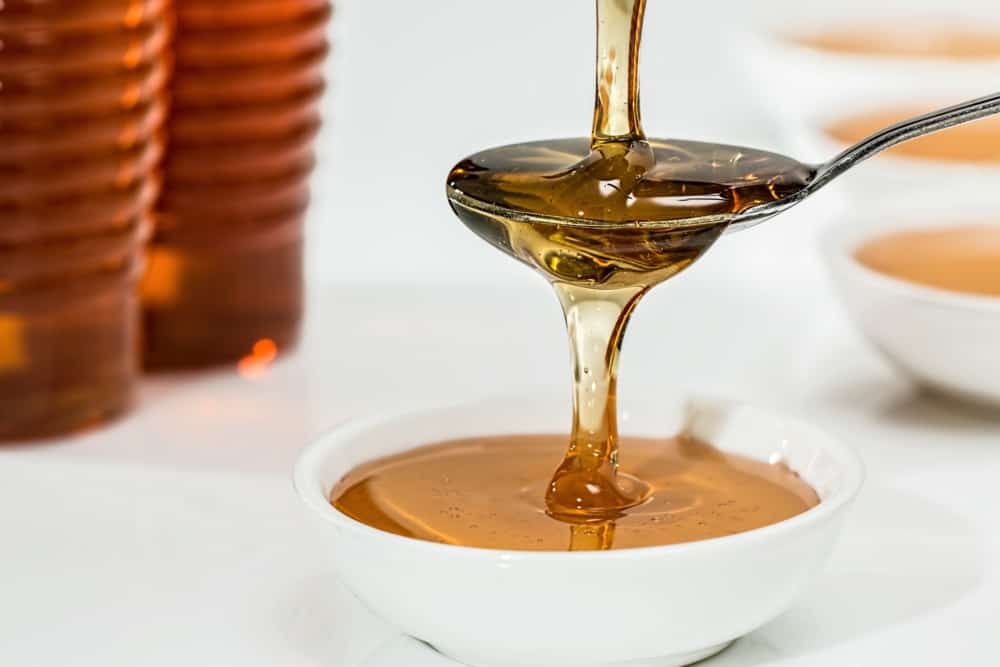
If you already made the mistake of refrigerating it, don’t toss it out. Place the honey bottle in a pan of warm water until it returns to its liquid state. It might take a while, but be patient. This will work.
Coffee beans, ground
Coffee beans and ground coffee are roasted, which means they’re ready to absorb moisture. The moisture in your fridge can drain that coffee of its flavor causing it to taste off. The freezer is not a good option either unless the beans or grinds are in a fully vacuum-sealed bag.
Roasted coffee beans should be stored in a closed container in the pantry or countertop. To assure peak flavor, roasted coffee beans should be used within two weeks; once ground within two hours.
Oils
Vegetable olive and other oils will harden in the cool temp of the refrigerator, so they should be kept in the pantry. (Nut-based oils, however, should be kept in the refrigerator.)
Dry onions
Whole, uncut, dry onion bulbs should never be kept in the refrigerator. If stored this way, they will quickly become moldy and mushy from the humidity. When onions are chilled the starches inside the bulb are converted to sugars.
If they are left long enough in the fridge, an onion will liquefy completely. And nobody wants that. Onions should be kept in a cool dry place in a ventilated container or easier, just keep them in the mesh bag they already come in. And if possible, hang the bag from a hook to allow air to circulate.
Pro Tip
To get onions to last for a month or longer: Cut one leg from a clean pair of pantyhose. Drop an onion into the toe, tie a knot close to the onion. Drop in another onion. Repeat until filled. Hang from a nail in the pantry.
Unripe bananas
Bananas are one fruit that will continue to ripen once picked when kept at room temperature. Putting in the fridge halts that process. So store unripe bananas on the countertop, out of direct sunlight.
Once perfectly ripe, you can put a fully ripe banana in the fridge for a couple of days, but don’t freak out when it turns black! Inside, that banana will remain perfect for a few days, or until you can turn it into banana bread.
Citrus fruit
Oranges, lemons, limes, grapefruit and other citrus are best stored at room temperature. The cold air in the fridge can damage these fruits, diminishing their flavor and texture
Garlic
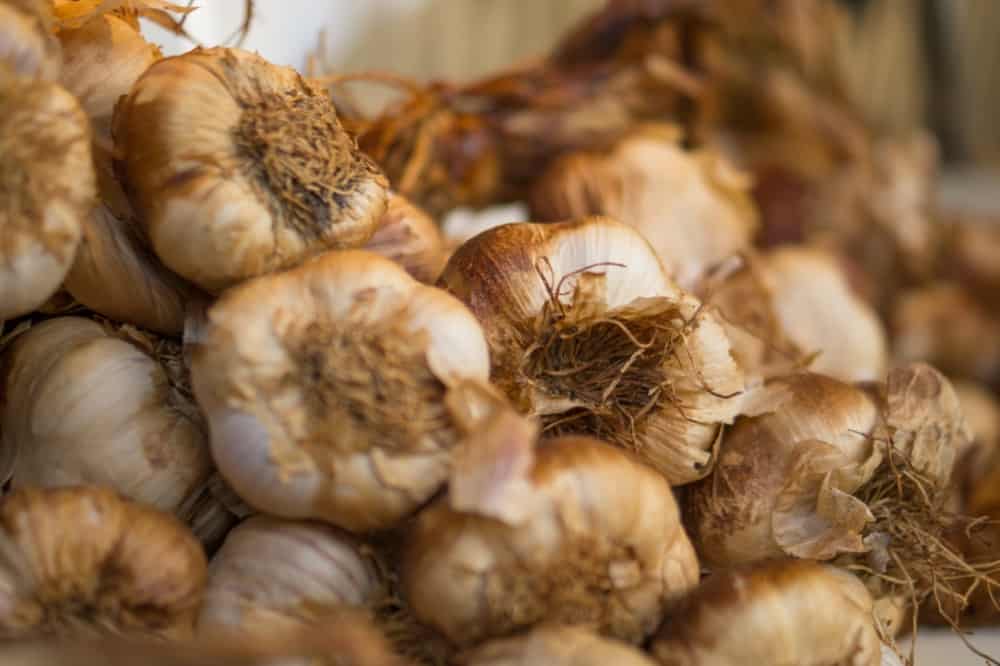
Hot sauce
Hot sauce has more than enough vinegar to protect it from spoiling outside of the fridge. That plus the strong flavors create inhospitable environments for bacteria and foodborne illness. Refrigeration can alter the distinct potent flavors. The potency of the peppers will remain true and hotter when stored at room temperature.
Bottom line: Hot sauce does not require refrigeration. Unless the bottle says otherwise, keep your hot sauce in a cabinet and then use it up.
Peanut butter and spreads
Spreads like Nutella and peanut butter can harden in the refrigerator, making them nearly impossible to spread. Unless the jar label specifically instructs otherwise (some natural varieties do), store these items on the pantry shelf.
Uncut melon
Melons ripen and sweeten when left out at room temperature. Something else: The fridge can deplete the nutritional value in certain melons. Once cut open, you should refrigerate your melons. Chilling whole watermelon and cantaloupe takes up way too much room in the fridge.
But more than that, keeping these mega fruits in the icebox halts the ripening process, meaning they won’t be as tasty as if they’d been kept at room temperature. Chilly temps also reduce the healthy antioxidants found in melons.
Keep these fruits on the countertop until they’re ready to eat. If you have leftovers, store them in an airtight container in the fridge for up to three days.
Pro Tip
Honeydew melon won’t ripen inside or outside of the fridge; it stops ripening once picked.
Green avocados
What’s better than a ripe avocado? But this magic fruit won’t ripen at all in the fridge, so it’s best to keep it on the counter until it’s ready for the guacamole.
Once an avocado reaches its peak ripeness, store in the refrigerator until ready to use. It will darken on the outside but inside it will stay perfect for a few days.
Bread
It may seem intuitive to store bread in the refrigerator because of its moisture. Sure, refrigerating bread slows mold growth but, ironically perhaps, makes the bread tough, chewy, and stale-tasting.
If you know you won’t use the whole loaf before it goes bad, store it in the freezer for up to one month. The same goes for cookies and pastries.
Nuts
Nuts can lose their nutty flavor in the fridge, and they tend to absorb the flavors and aromas of other foods. And they can get soft.
If you have more than you will consume in a week or two, keep nuts in the freezer in a tightly sealed container or vacuum-sealed bag. Otherwise in a bowl on the counter top or a covered container in the pantry.
Strawberries
Refrigerating strawberries—or any kind of berries for that matter—gives them a mushy texture and reduces their sweet flavor. For better taste, store fresh strawberries on the countertop, out of direct sunlight, and use them within a day or two of purchase.
And don’t wash them until you’re ready to eat them. All berries go bad more quickly once they’re washed.
Coconut oil
Coconut oil has a shelf life of up to two years when stored at room temperature. There is no reason to keep it in the refrigerator where it will get hard and impossible to scoop out.
Apples
Store fresh apples on the countertop for the best flavor. Sure, apples will remain crisp longer in the fridge, but the ethylene content in their skins can cause other nearby produce to spoil more quickly.
If you really want to refrigerate your apples do this first: Place them in an airtight container to keep from spoiling the other fresh vegetables in the fridge.
Fresh basil
Fresh basil is so lovely and useful, but when stored in the refrigerator it absorbs the smells of other foods. And it turns black. To keep your basil fresh, leave it on the counter with its stems submerged in a cup or vase of water as you would with cut flowers.
Chocolate
Chocolate has a very long shelf life, so keeping it in the fridge is absolutely unnecessary. Leave it on the counter for maximum taste and texture.
If you decide to refrigerate your chocolate, don’t be surprised by a phenomenon called “sugar bloom.” Sugar bloom can be seen on the outer layer of the chocolate. It actually looks like tiny blooms and causes the chocolate to become grainy and gritty.
Cucumbers
Cucumbers are actually quite sensitive to the cold. Cukes fare best when left at room temperature. Once they are stored below 50° F., they can develop injuries from the cold like soft, squishy water-soaked areas, accelerated decay, and pitting. Kept at room temp, you will discover that your uncut cucumbers can stay fresh for up to 2 weeks.
Peaches
Peaches and other stone fruit, like tomatoes, can get mealy in the fridge. The chill can also strip stone fruit of flavor. Ripe stone fruits should be left at room temperature in a fruit bowl, and consumed with a few days of purchase.
Ketchup
The cold temperature in the refrigerator won’t harm your ketchup, but why take up precious fridge door space with something that won’t spoil in the pantry? Even once opened, the large amount of vinegar and salt keeps most kinds of ketchup from spoiling. However, check the label on your specific bottle.
Soy sauce
Soy sauce has a lot of salt, so it does not need to be refrigerated, even after opening. The same holds true for other similar condiments. However, to be on the safe side check each bottle for any directive to the contrary.
Spices
Few things are more disappointing than expensive spices that have lost their flavor and become clumpy. That’s exactly what happens when you keep your spices in the refrigerator. Don’t do it. Most ground spices are good for years when stored properly
Place your dry spices in a dry, dark place out of direct sunlight. At room temperature, they will be more potent, taste better, and be more aromatic than if there were kept in the cold fridge or freezer.
Jam, jelly
Most jams and jellies have such a high sugar content, they’re absolutely fined when stored in the pantry for up to a month, once opened, but check your specific brand to make sure. Jams and jellies as a general rule are better stored in the pantry at room temperature.
Batteries
Yes, I know this is not food but many people believe (incorrectly) that they need to keep batteries in the fridge or freezer to keep them “fresh.” As it turns out, extreme cold or heat can reduce battery performance.
All the major brands recommend a clean, dry, room-temperature environment. When stored properly, the discharge rate of a single-use alkaline battery, the most common type in the U.S., is negligible – only about 3% per year. Single-use lithium batteries lose even less.

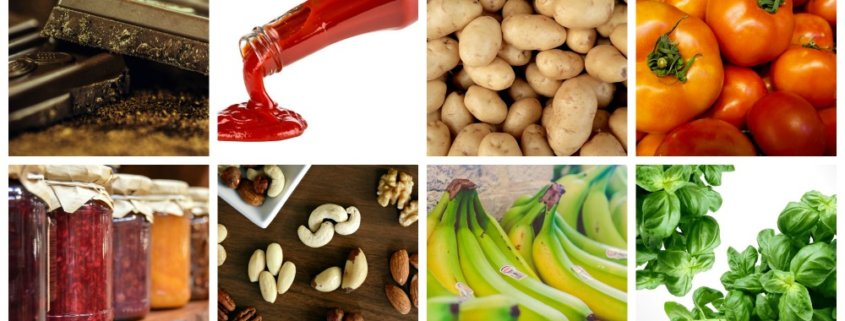

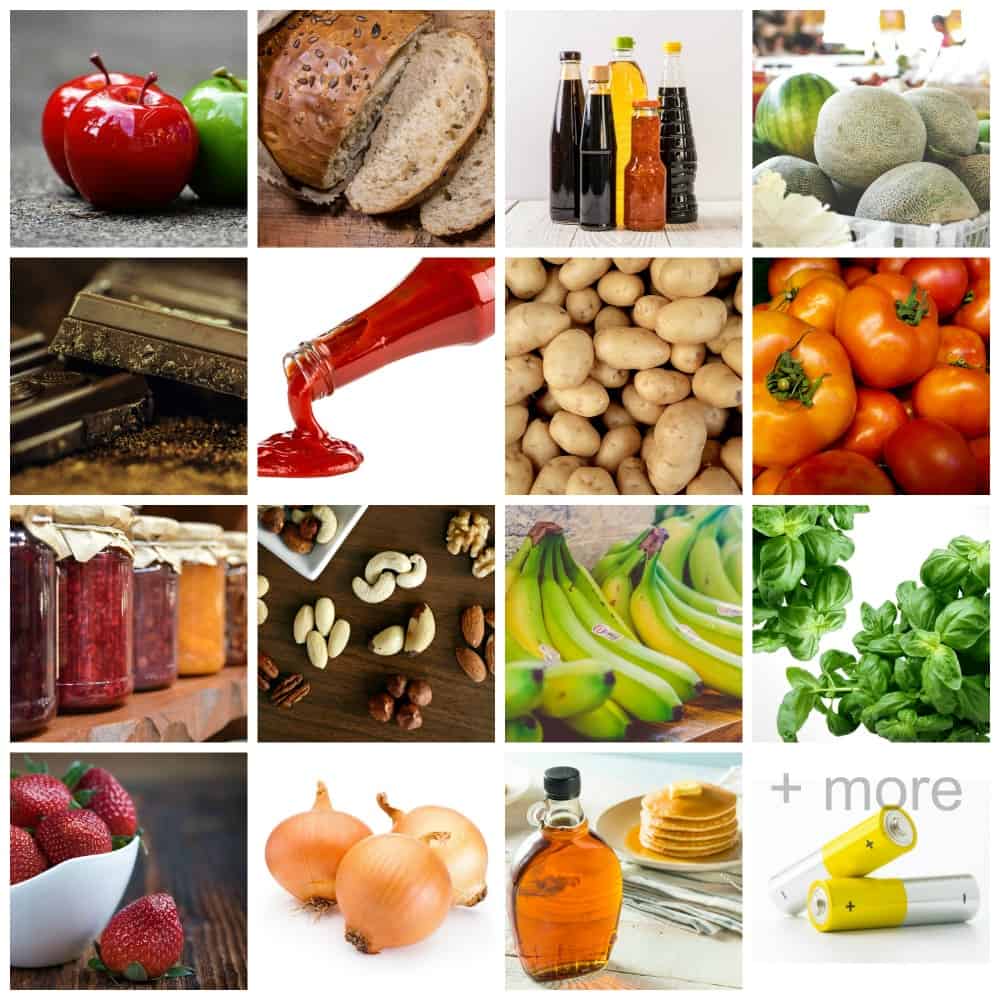
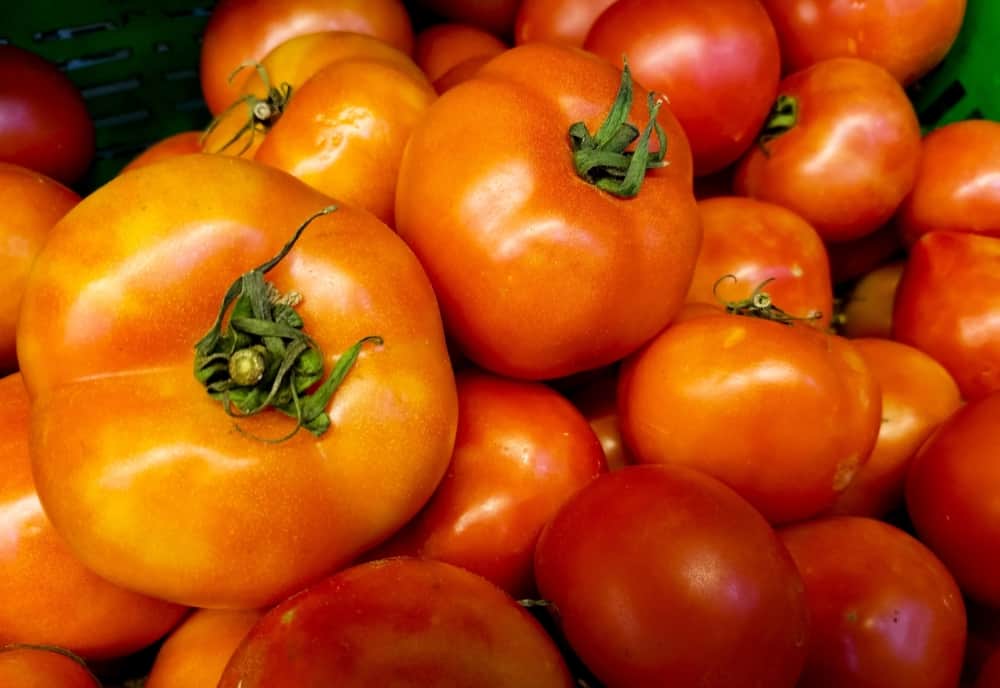
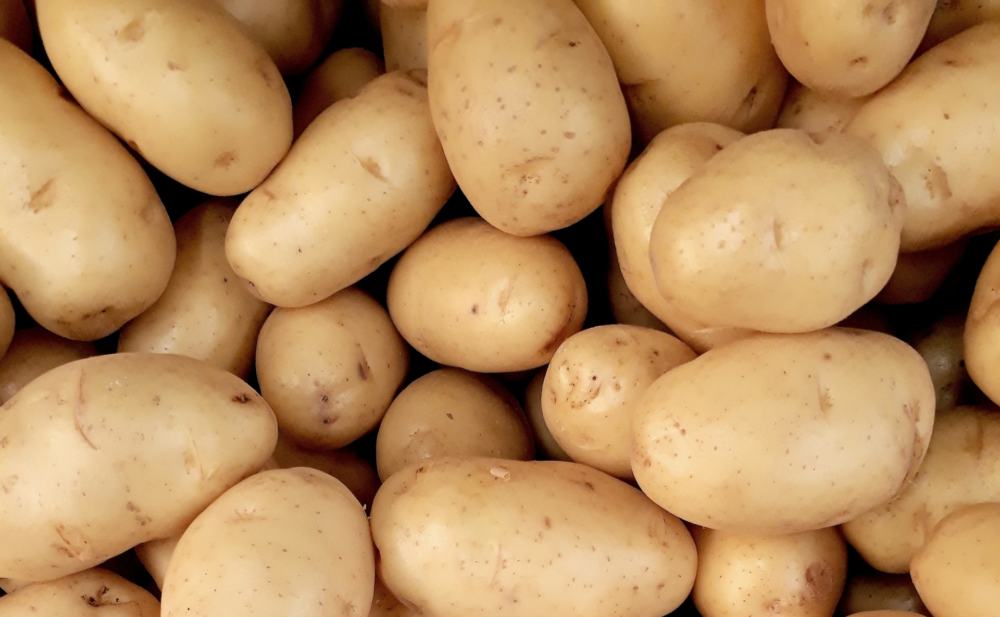
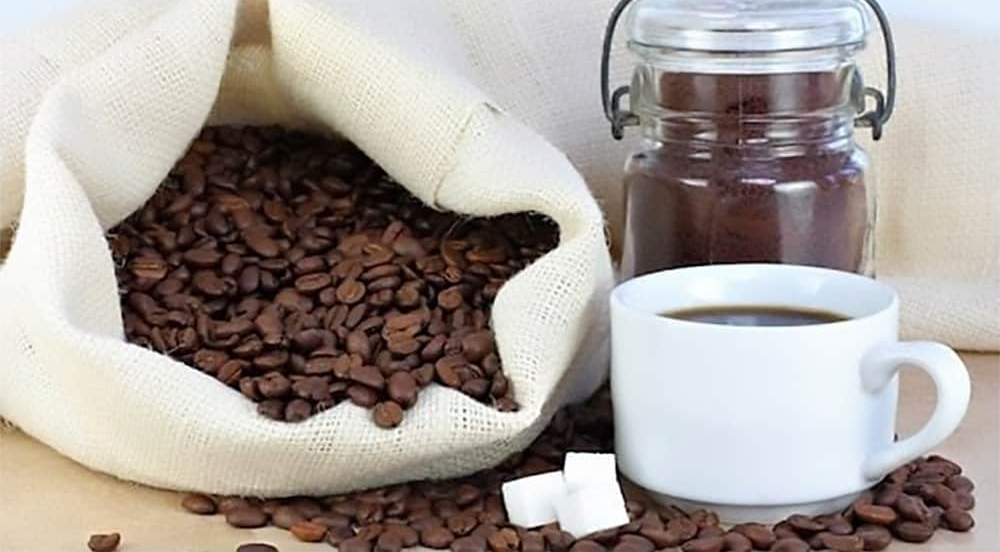
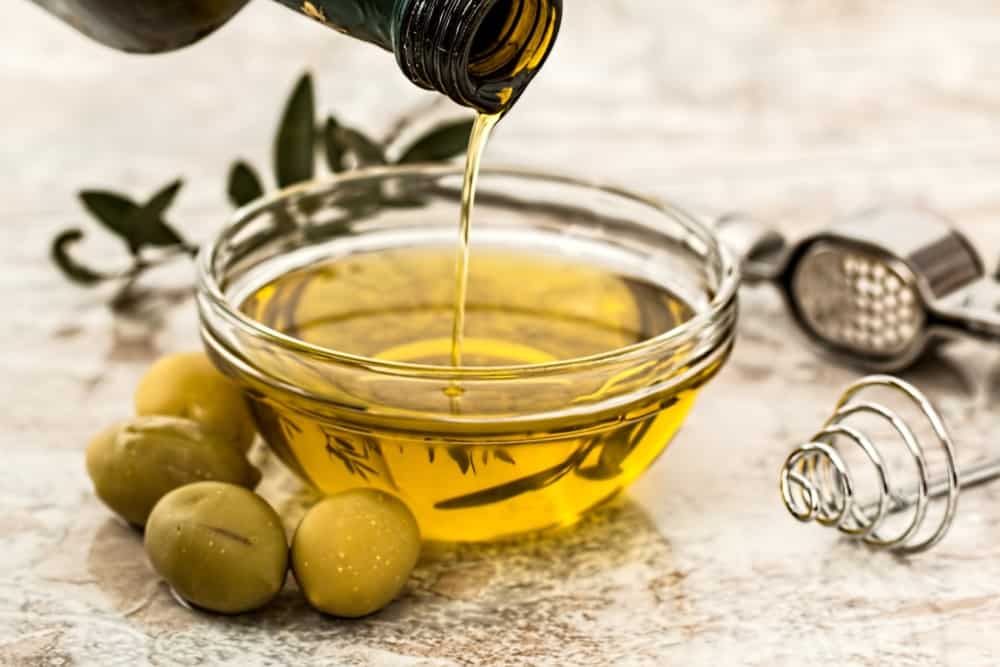
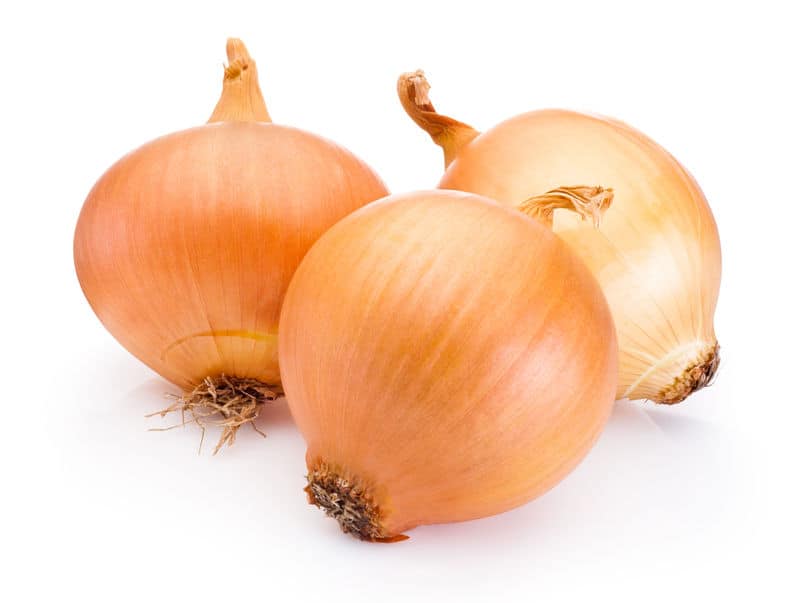
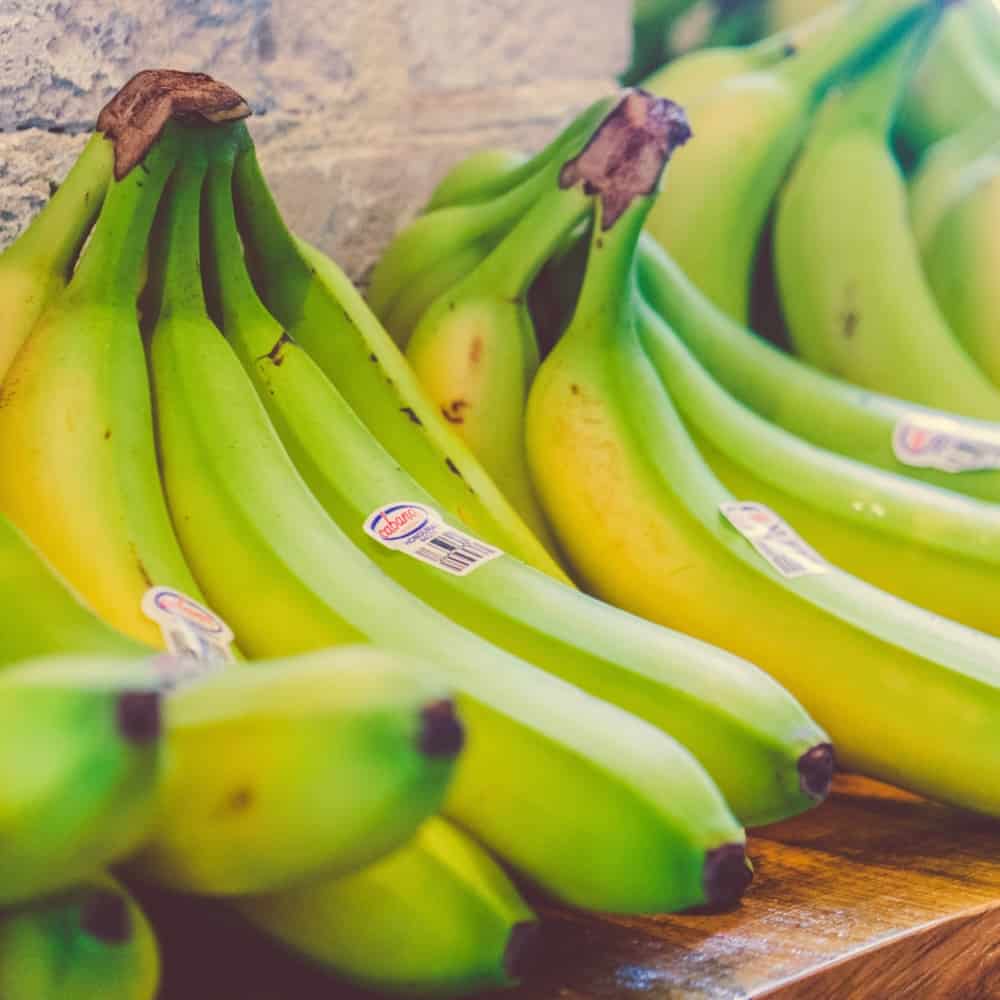
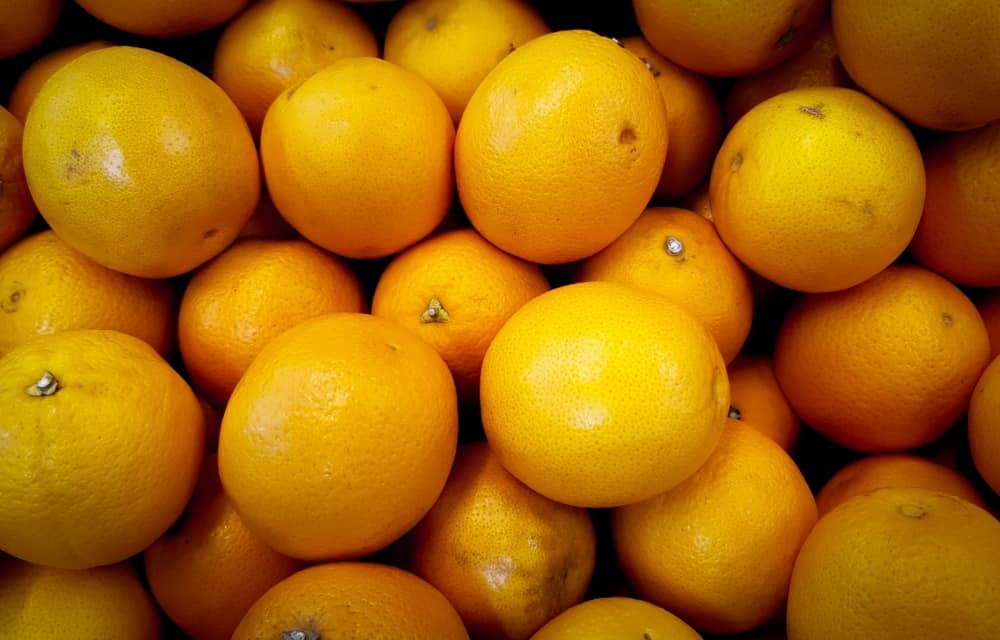
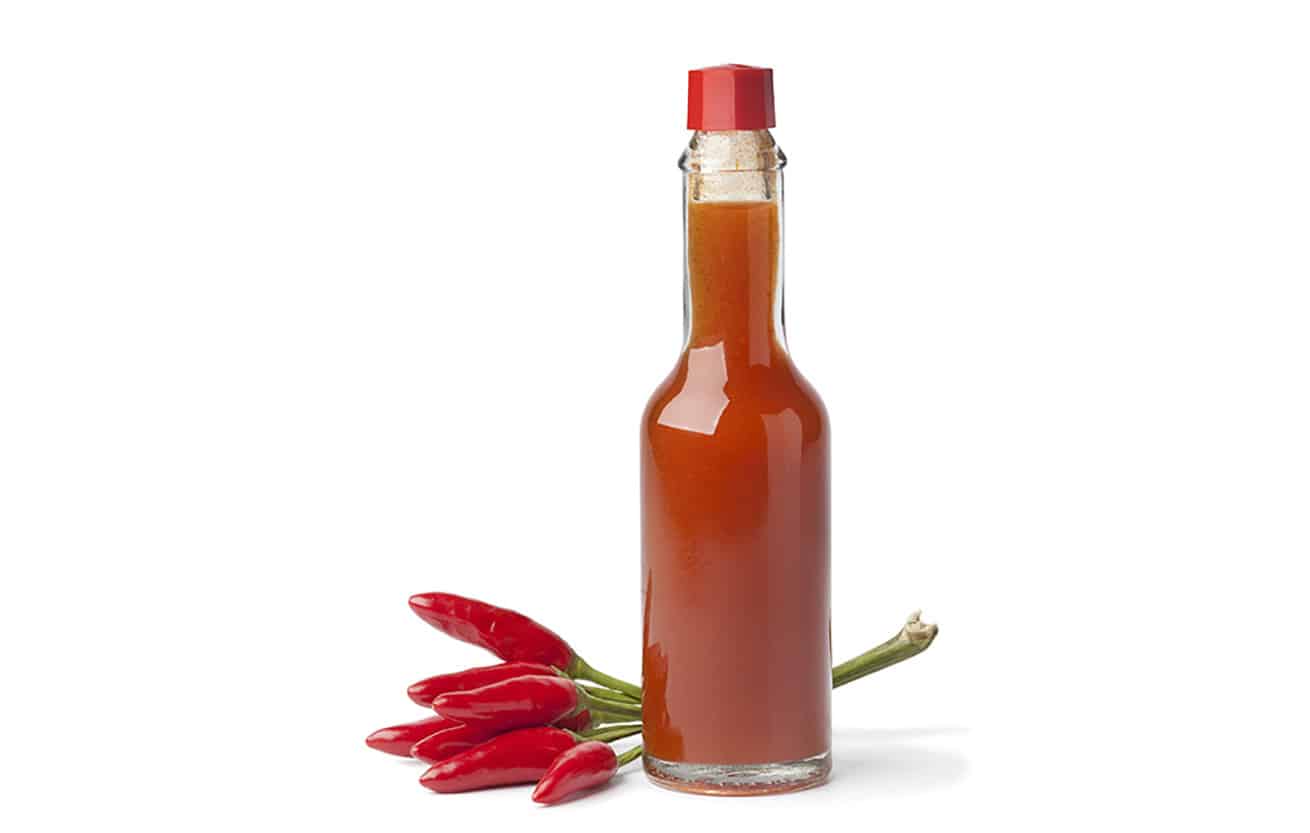
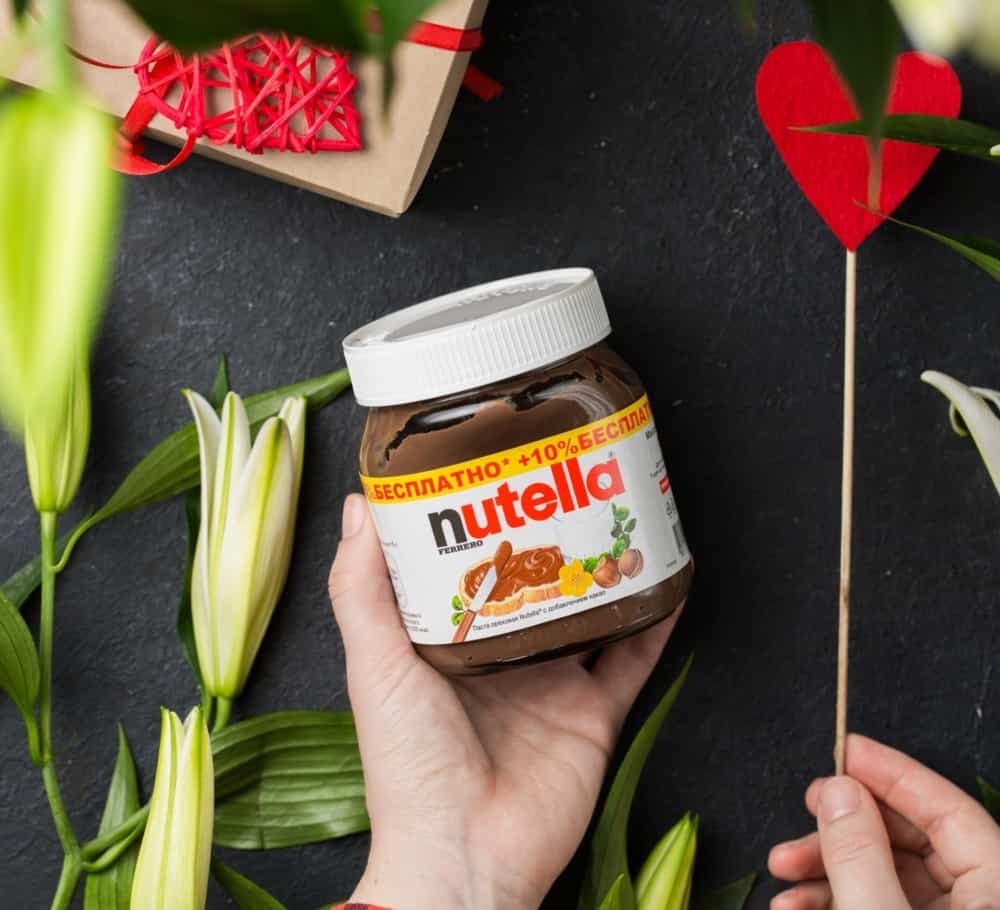
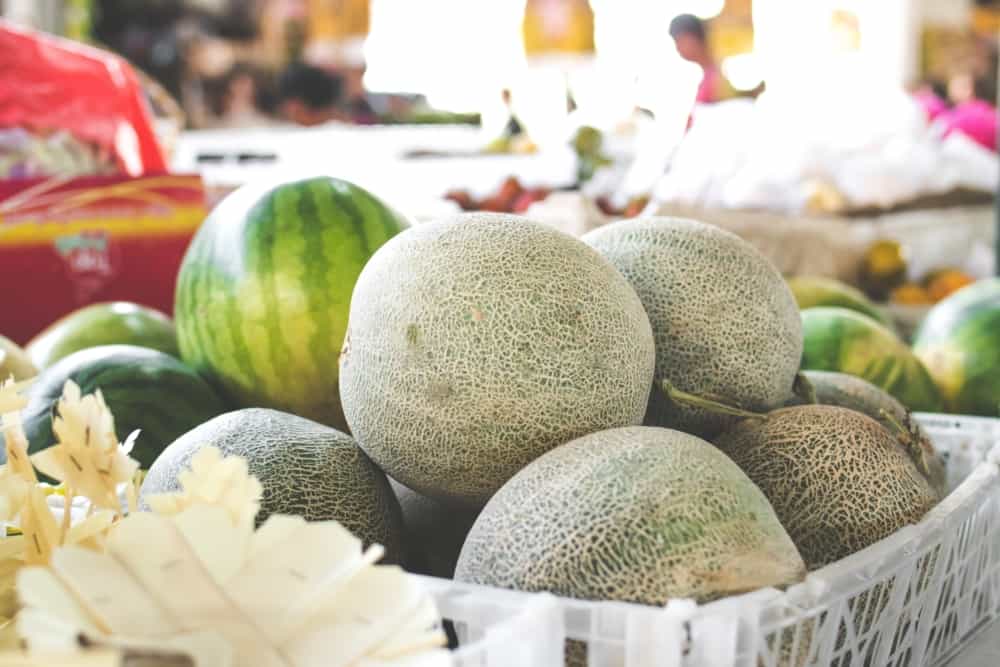
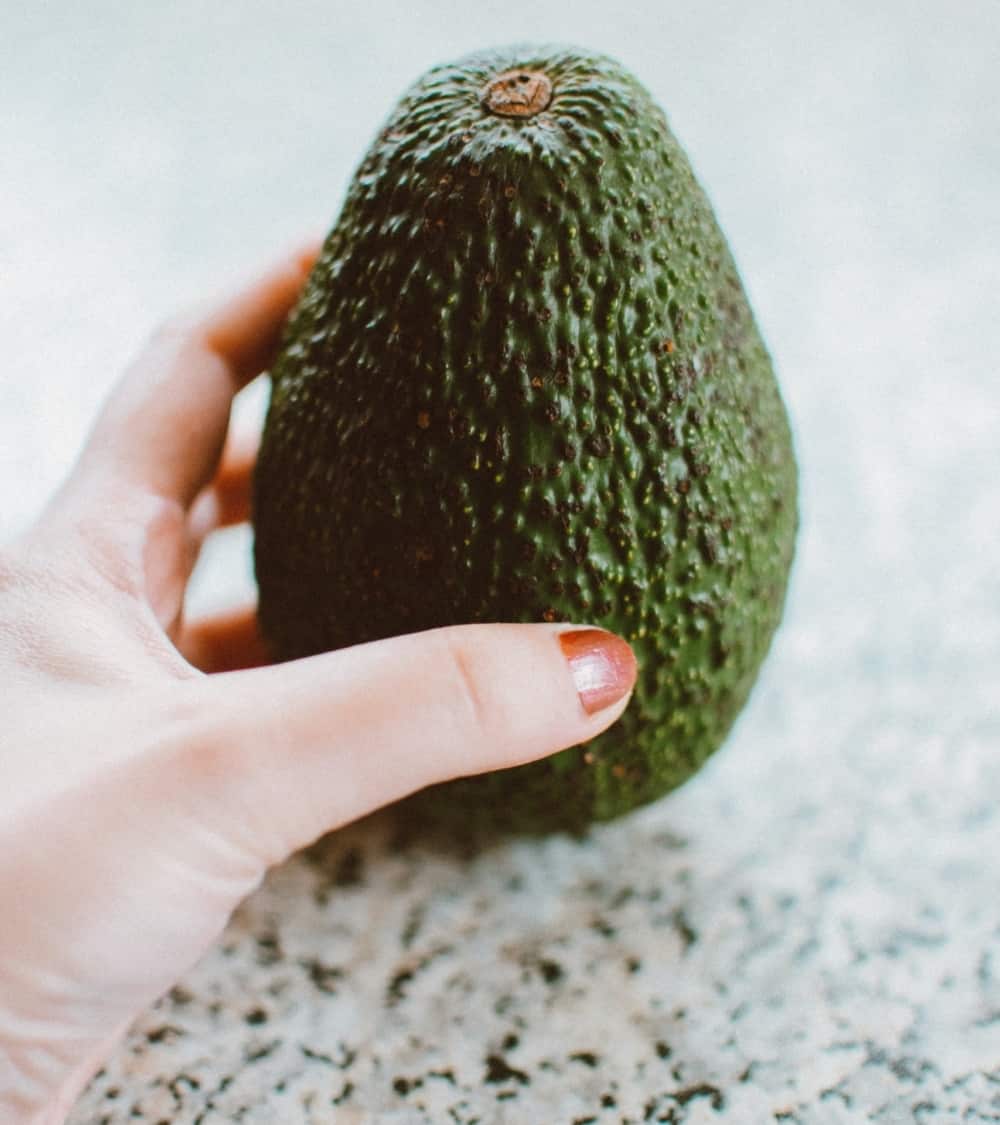
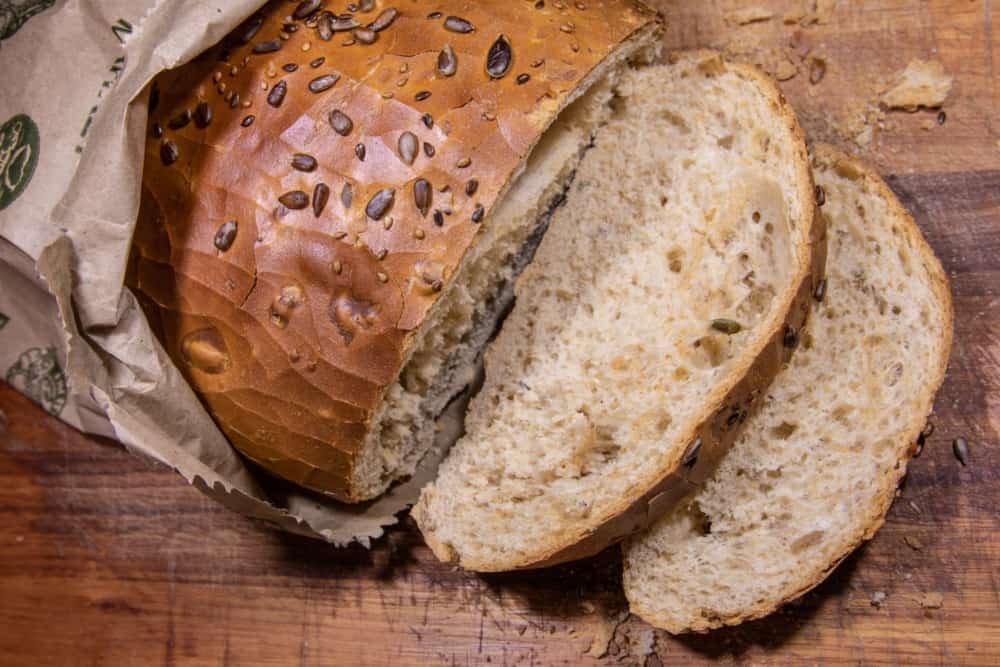
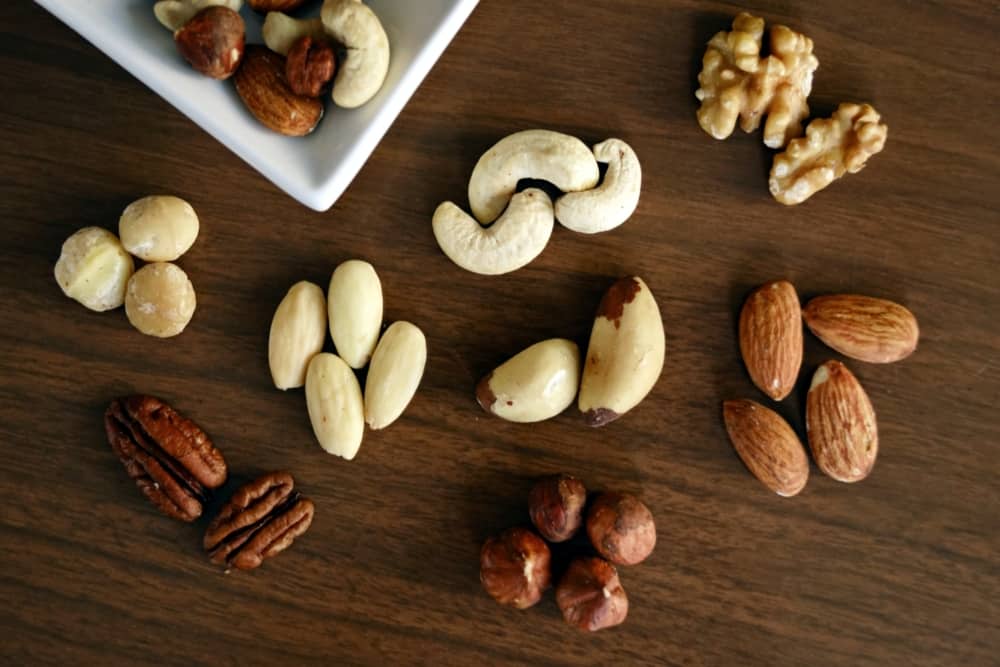
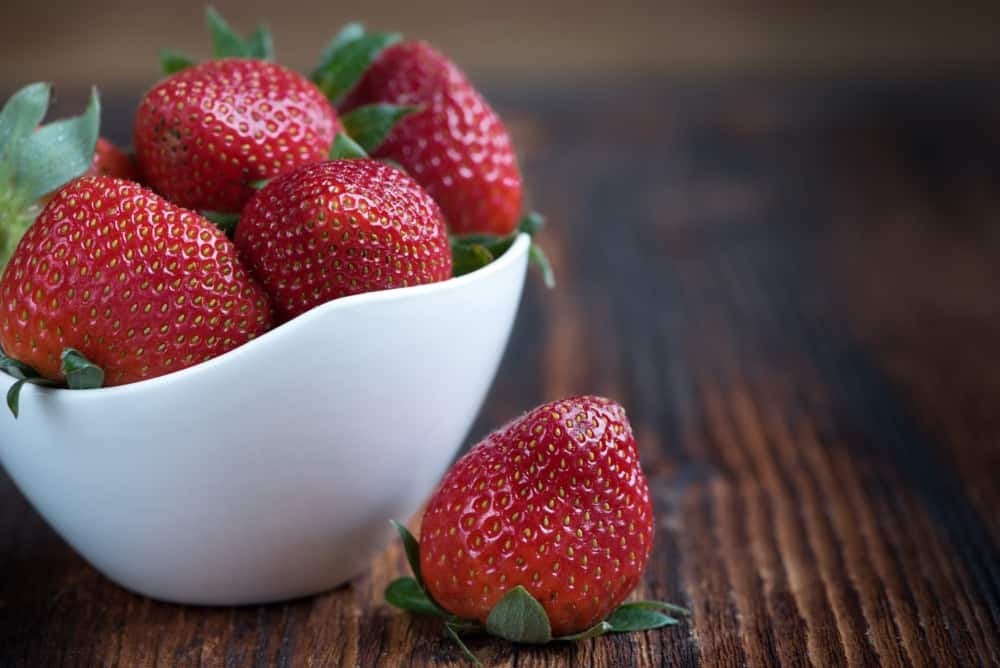
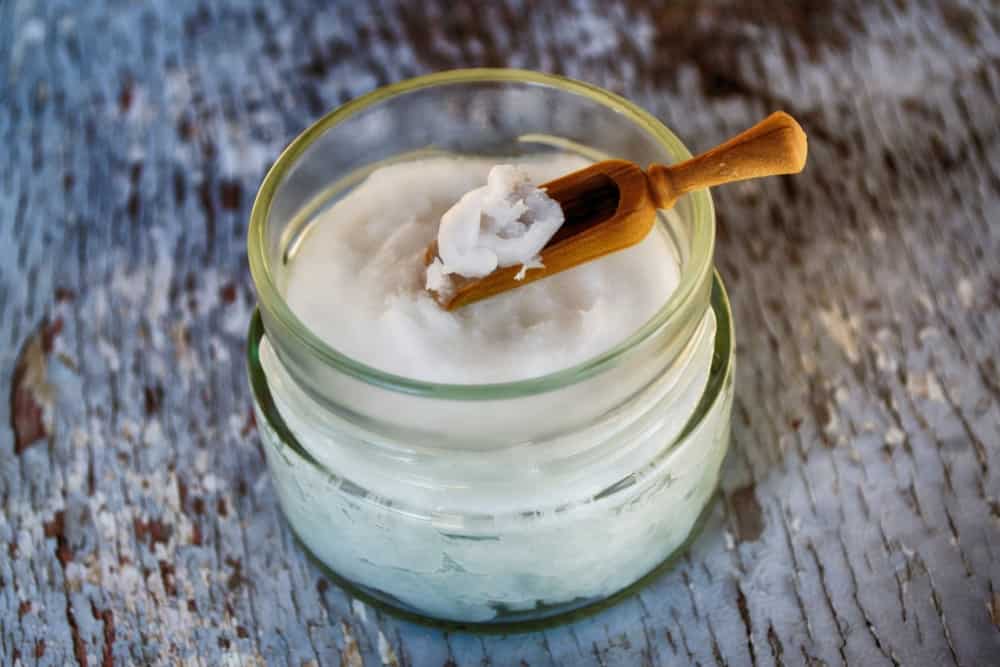
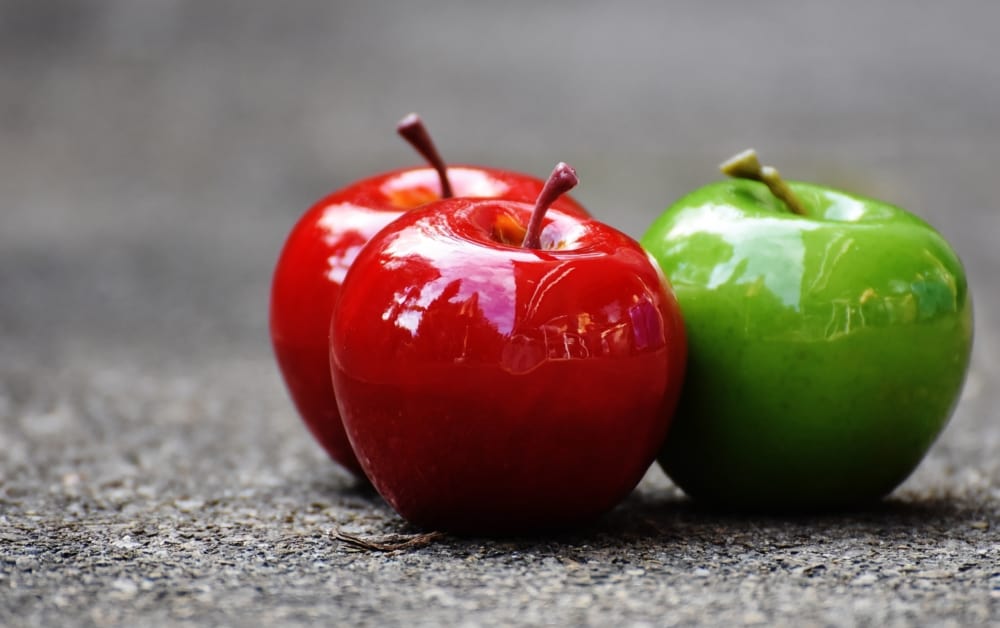
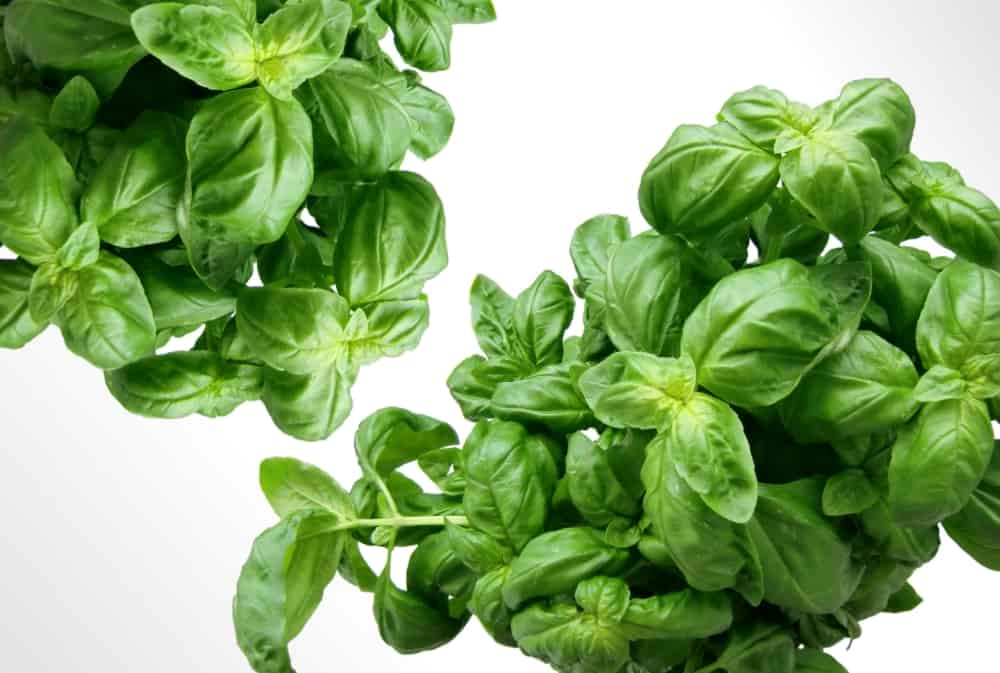

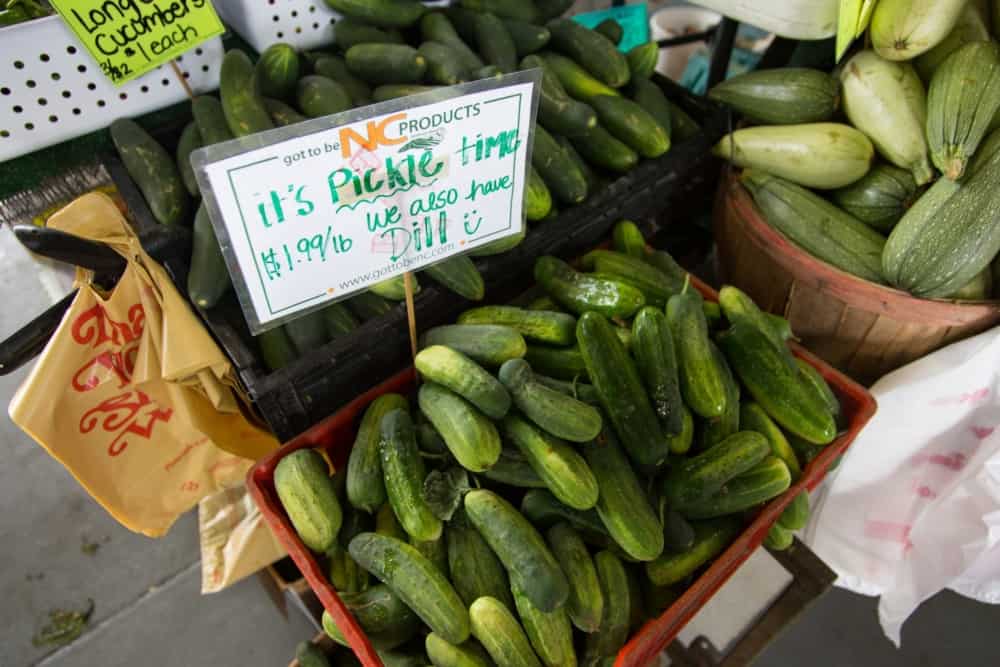
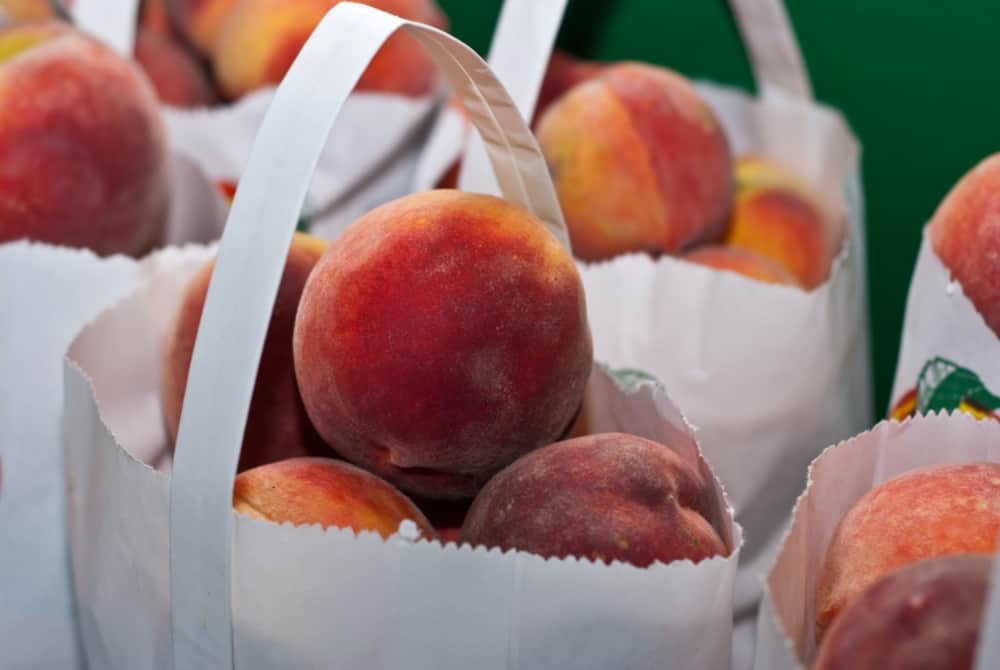
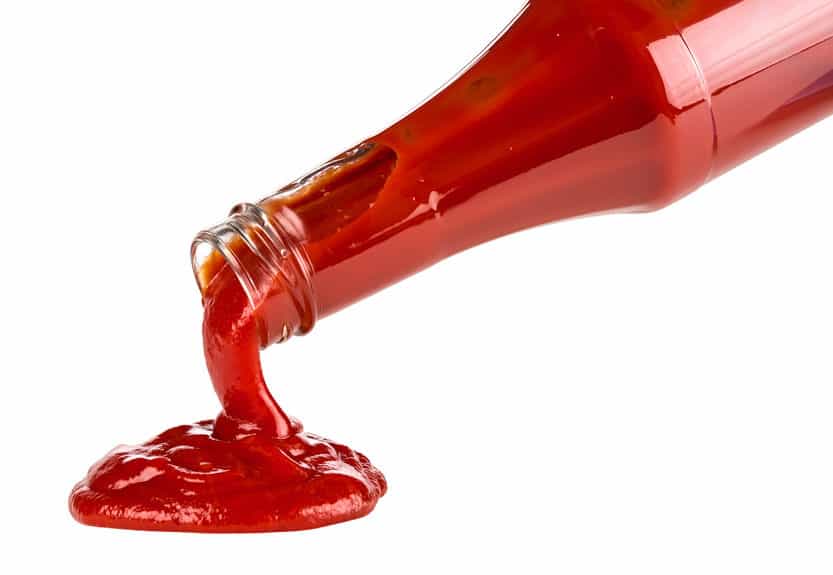
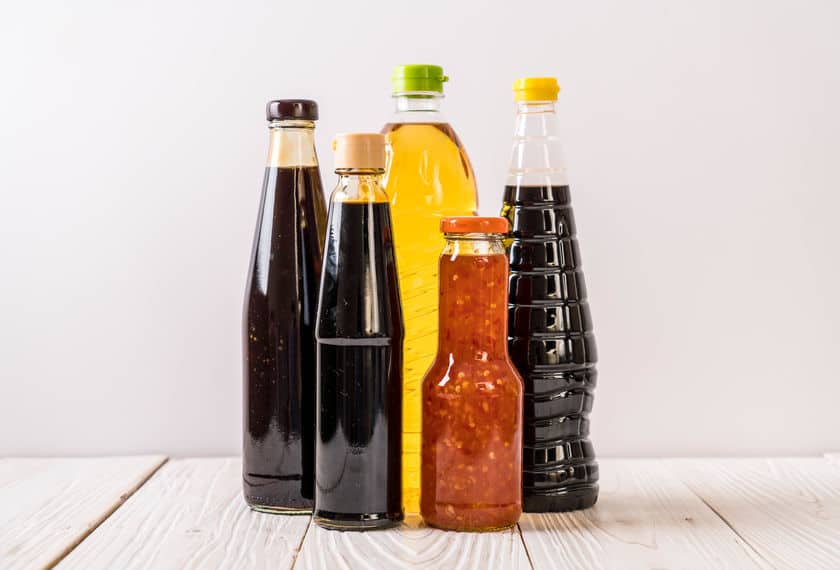
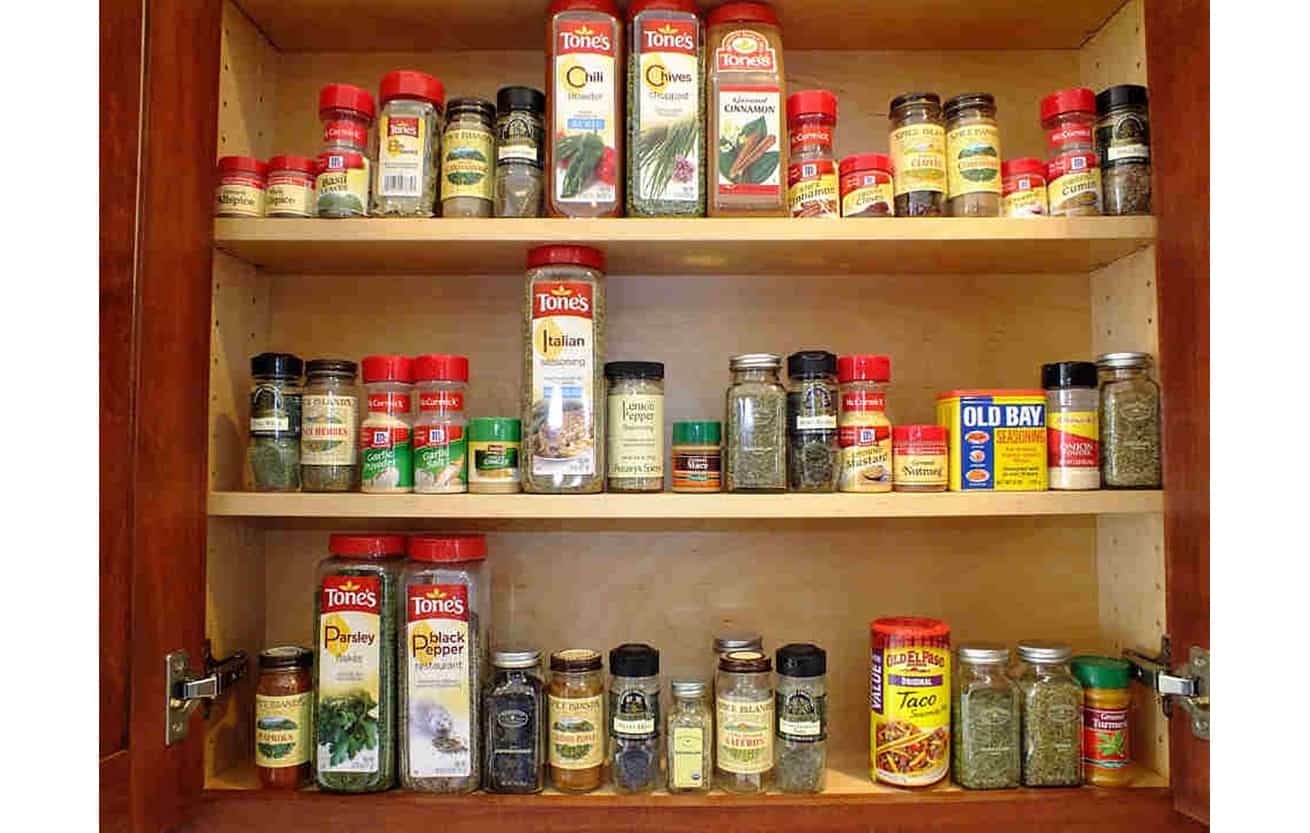
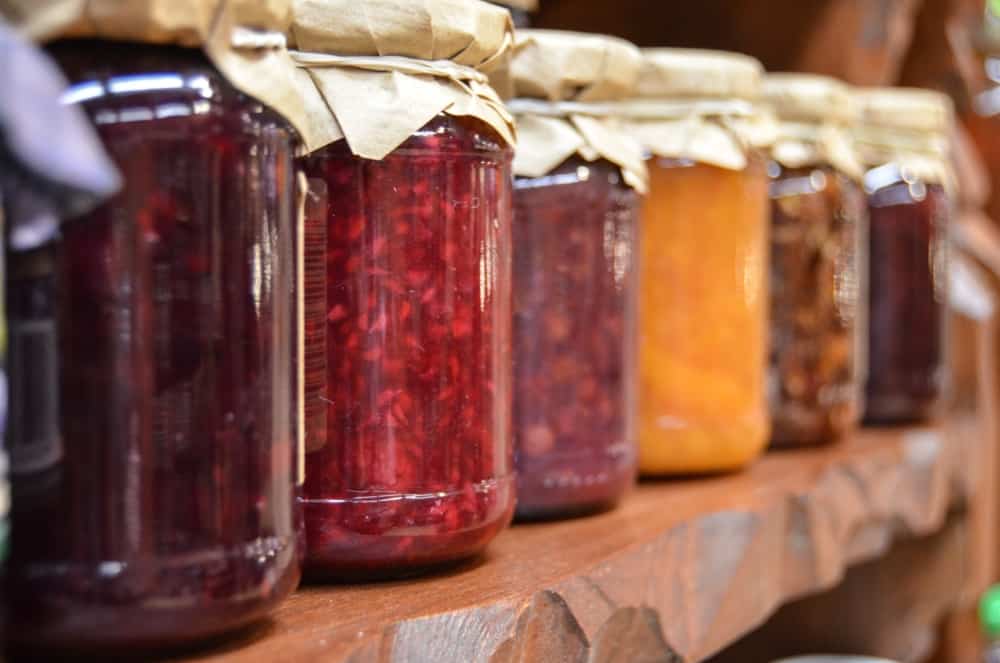



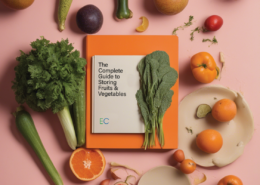




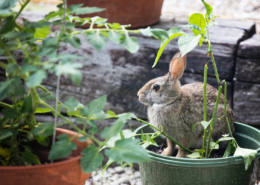




Speaking from my own experience, once opened, my jams, jellies, fruit preserves go in the fridge, for longer storage. I have tried leaving them on the pantry shelf once opened, only to have them start fermenting! Once opened, natural yeast that’s present in the air around us can get into the jar, and start feeding on all that sugar…so, into the fridge go my jams and jellies.
There seems to be a contradiction of how to store citrus fruit; between this post, which states NOT in the refrigerator, and the post titled How to Store Fresh Fruits and Vegetables at Home, which states all citrus should be refrigerated. (post date of June 18, 2021, in paragraph General Guidelines) My oranges are rotating days of in and out of the refrigerator.
LOL! John,
Your fruit are gathering no moss. My produce theory is based on my grocer’s standards. If it’s not refrigerated when I buy it, it doesn’t go into refrigeration in my kitchen. Thanks for the giggle…